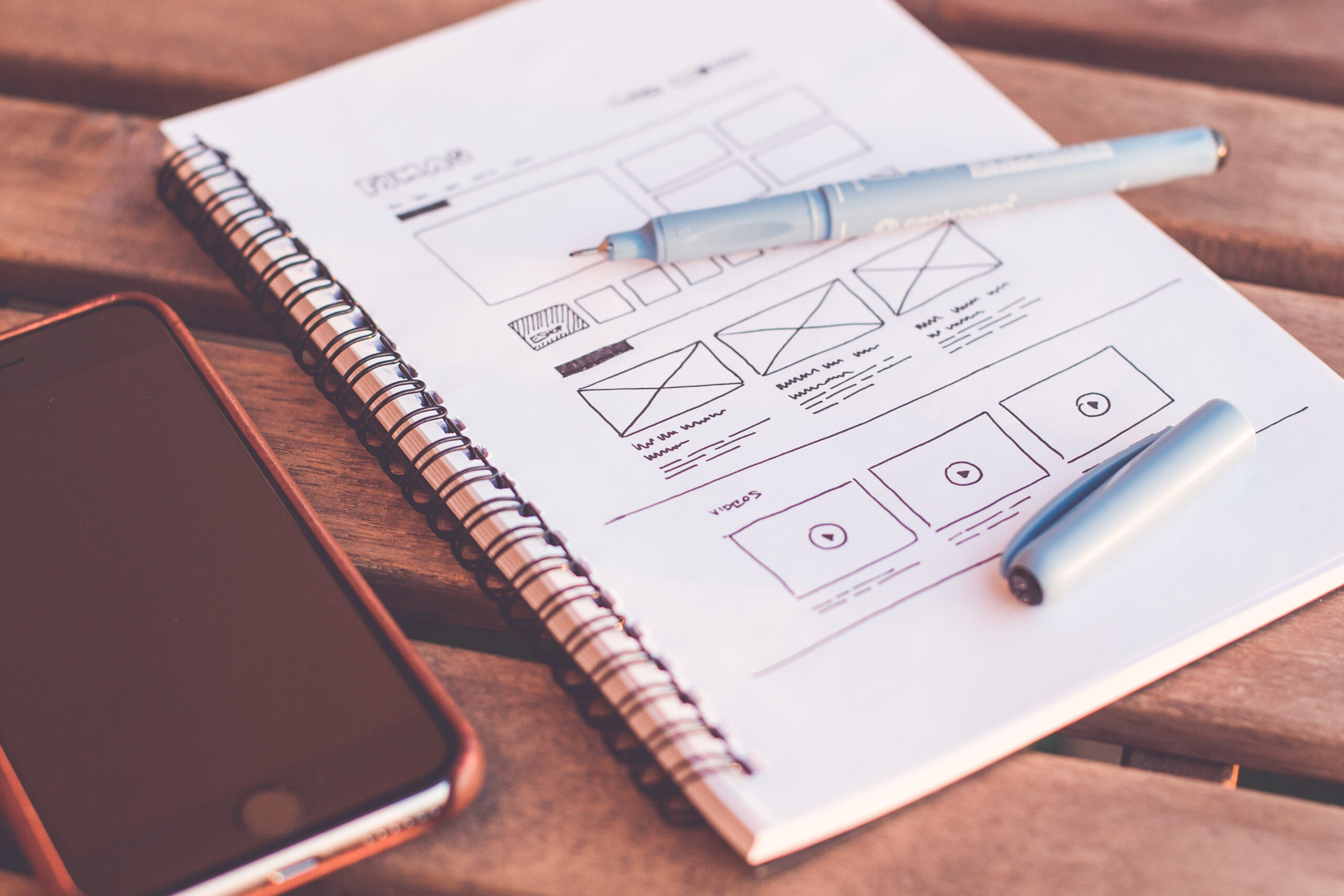
WordPress is a popular content management system (CMS) that powers millions of websites worldwide. However, as your Website grows and attracts more visitors, you may notice a decrease in its performance, leading to slow loading times and reduced user experience. To optimize your WordPress Website‘s performance, implement the following tips:
1. Choose a Reliable Hosting Provider
The choice of hosting provider can significantly impact your Website‘s performance. Opt for a hosting company that offers optimized servers for WordPress, provides a good amount of bandwidth, and has a favorable uptime record. Consider reviews, customer support, and server location as well.
2. Use a Lightweight and Well-Coded WordPress Theme
Themes with excessive features and complex code can slow down your Website. Opt for a lightweight, well-coded theme that adheres to WordPress coding standards. Keep your design simple and ensure the theme is regularly updated to stay compatible with the latest WordPress versions.
3. Install a Caching Plugin
Caching plugins generate static HTML pages of your Website, which are then served to visitors, reducing the processing load on your server. There are several excellent caching plugins available for WordPress, such as W3 Total Cache and WP Super Cache. Choose one that suits your needs and configure IT correctly to optimize your Website‘s performance.
4. Optimize and Compress Images
Images play a crucial role in Website design, but they can slow down your Website if not optimized. Use tools to compress your images without sacrificing quality, reducing their file size and loading time. WordPress plugins like Smush and EWWW Image Optimizer can automate this process for you.
5. Minify CSS and JavaScript Files
Minifying CSS and JavaScript files involves removing unnecessary characters, spaces, and line breaks, reducing their file size. You can use plugins like Autoptimize or WP Rocket to automatically minify these files. Additionally, consider combining multiple CSS and JavaScript files into one to minimize HTTP requests.
6. Enable Gzip Compression
Gzip compression reduces the size of your Website‘s files, making them quicker to load. Check with your hosting provider if Gzip compression is enabled on their servers. Alternatively, you can add the following code to your .htaccess file:
<ifmodule mod_deflate.c>
SetOutputFilter DEFLATE
AddOutputFilterByType DEFLATE text/plain
AddOutputFilterByType DEFLATE text/html
AddOutputFilterByType DEFLATE text/xml
AddOutputFilterByType DEFLATE text/css
AddOutputFilterByType DEFLATE application/xml
AddOutputFilterByType DEFLATE application/xhtml+xml
AddOutputFilterByType DEFLATE application/rss+xml
AddOutputFilterByType DEFLATE application/javascript
AddOutputFilterByType DEFLATE application/x-javascript
</ifmodule>
7. Enable Browser Caching
Browser caching allows returning visitors to load your Website faster by storing static files in their browser cache. You can enable browser caching by adding the following code to your .htaccess file:
<ifmodule mod_expires.c>
ExpiresActive On
ExpiresByType image/jpg "access plus 1 year"
ExpiresByType image/jpeg "access plus 1 year"
ExpiresByType image/gif "access plus 1 year"
ExpiresByType image/png "access plus 1 year"
ExpiresByType text/css "access plus 1 month"
ExpiresByType text/javascript "access plus 1 month"
ExpiresByType application/javascript "access plus 1 month"
ExpiresByType application/x-shockwave-flash "access plus 1 month"
ExpiresByType image/x-icon "access plus 1 year"
ExpiresDefault "access plus 2 days"
</ifmodule>
Conclusion
By following the above tips, you can significantly improve your WordPress Website‘s performance, resulting in faster loading times, better user experience, and potentially higher search engine rankings. Remember to regularly test your Website‘s performance using tools like Google PageSpeed Insights or GTmetrix to identify other areas for improvement.
FAQs
Why is Website performance optimization important?
Website performance optimization is crucial for providing a positive user experience, reducing bounce rates, and improving search engine rankings. Slow-loading websites often lead to frustrated visitors who are unlikely to return.
Can I change my hosting provider later?
Yes, you can switch to a different hosting provider. However, migrating your Website can be a complex process. IT‘s advisable to thoroughly research potential providers and consult with experts before making any decisions.
Are there any alternatives to caching plugins?
Yes, if you prefer to avoid using caching plugins, you can explore server-level caching or content Delivery Network (CDN) services. These solutions can also significantly improve your Website‘s performance.
Are all WordPress themes suitable for high-performance websites?
No. Many WordPress themes, especially those with numerous features or poorly optimized code, can negatively impact your Website‘s performance. IT‘s important to choose a lightweight and well-coded theme designed for optimal performance.
How often should I optimize and compress my images?
IT‘s best to optimize and compress your images before uploading them to your Website. However, if you frequently update your Website with new images, consider automating the optimization process using plugins that offer image optimization features.





